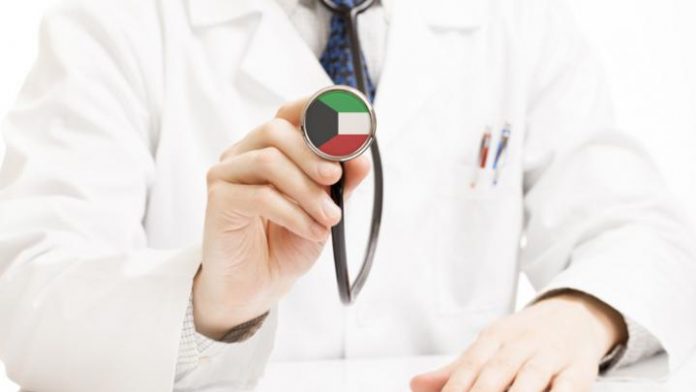The healthcare sector in Kuwait has always focused on providing proper and updated treatments to members of society through comprehensive services, which were founded prior to the country’s independence and it continued in the modern era with ever evolving plans to boost services in all medical fields.
The government of Kuwait had allocated a considerable amount of the state’s budget to the Ministry of Health to help bolster health services in the country in accordance with international standards and medical practices.
The main plan of the ministry is to train and develop the skills of national health service cadres and staff to further build and solidify the foundation of this vital sector.
In regards to the history of Kuwait’s health service, the first health clinic in the country was founded in 1904, while the inaugural hospital in Kuwait was opened in 1912.
As Kuwait continued to take significant strides in all sectors, healthcare become more developed through by bringing competent medical experts from far and wide. The State of Kuwait made sure that its health strategy was in line with international practices namely of the World Health Organization (WHO) with the Gulf country pushing for hosting regional centers of the renowned organization and other entities in the country.
Kuwait also made sure to implement policies touted by WHO when came to combating the spread of disease, promoting healthy lifestyles, and following proper procedures when it came to providing adequate health services and medicine.
While the infrastructure of health clinics, hospitals, and specialized centers continues to be developed and upgraded, the Healthy Ministry had made it its mission to use current digital technologies to proliferate its services via using applications to reach wider tech-savvy audiences and clients.
In line with the digitization of services, the “Q8Seha” application, launched by the Ministry in 2021, came as a step to elevate healthcare services in Kuwait.
In other achievements, the Health Ministry achieved 80 percent of its 2013-launched national survey to detect and prevent diseases causing loss of hearing and ear infections.
Genetic ailments and their treatments were also on the radar of the Health Ministry, which founded an advanced laboratory for genetic assessment at the Kuwait Medical Genetic Center (KMGC).
In another important step, an Amiri decree was signed to establish the Dhaman Health Assurance Hospitals, a public and private sector venture at a capital of KD 230 million (around USD 16.97 million).
Around 24 percent of the Dhaman company’s shares is owned by the state, the private sector has around 26 percent, and 50 percent is given to Kuwaiti citizens shareholders.
While the State of Kuwait continues to implement its plans for overall development, the future for the healthcare sectors seems to be on the upbeat as the public and private sectors, exemplified in the Dhaman venture, aim to become the top medical provider in the Middle East region.
Source: KUNA

















